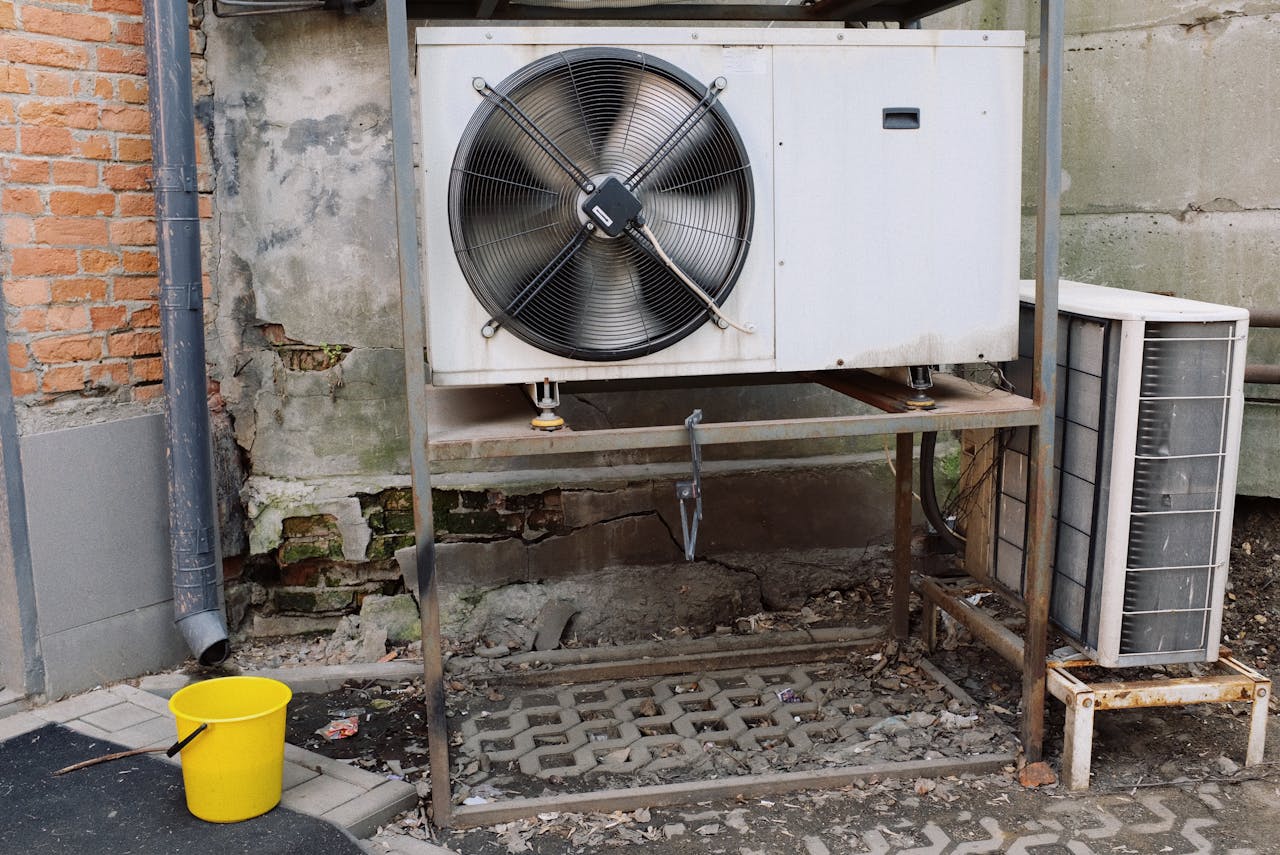The Comprehensive Guide to Efficient Air Conditioning Maintenance
Key Takeaways
- Regular maintenance can significantly improve the performance and lifespan of your air conditioning system.
- Identifying common issues early can prevent costly repairs.
- You may save time and money by knowing when to hire an expert.
Why Maintenance Matters
Regular air conditioning maintenance isn’t just about keeping your home comfortable; it’s also about saving money and extending the life of your system. Regular air conditioning system maintenance may drastically lower annual energy bills by up to 15%. Neglected systems work harder, consume more energy, and degrade faster. Regular maintenance ensures efficient operation, reduces the risk of unexpected breakdowns, and maintains consistent comfort. Additionally, it aids in the early detection of small concerns before they develop into larger difficulties like compressor failure.
Basic Maintenance Tips
Maintaining your commercial air conditioning unit through basic tasks can substantially improve its performance and longevity. Here is some straightforward yet helpful maintenance advice:
- Change your air filters every 1-3 months: Regular filter replacement is crucial to maintaining airflow and efficiency in your unit, preventing unnecessary work, and ensuring a clean environment.
- Ensure no debris is on the outside unit: Regularly clear any obstructions around the outdoor unit to ensure optimal performance and prevent airflow blockage caused by leaves, dirt, and debris.
- Regularly inspect the refrigerant lines for leaks: Low refrigerant levels can affect your system’s cooling capabilities, so if you notice leaks or ice formation, it’s crucial to seek professional help.
- Clean the evaporator and condenser coils annually. Dust and dirt accumulated on the coils can reduce heat absorption, causing inefficiency in your AC system.
- Check the fin straightness and clean them if necessary: Fins can be bent over time, limiting airflow. Using a fin comb to straighten and clean bent fins improves efficiency.
Signs Your AC Needs Professional Help
Homeowners can handle some maintenance tasks, but signs suggest professional help to prevent further system damage.
- Strange noises like grinding or squealing: Unusual sounds often indicate mechanical issues, such as a failing motor or loose components, that require expert attention.
- Unusual odors during operation: Foul smells can signify mold, burnt wires, or other serious problems that need professional diagnosis and repair.
- Frequent cycling on and off: Short cycling can indicate an overworked system, thermostat issues, or refrigerant problems. A technician can identify and fix the underlying cause.
- Poor airflow or inconsistent temperatures may stem from ductwork problems, clogged filters, or failing components that need professional inspection and repair.
- High humidity levels or water leaks: Overwetness may be a sign of a refrigerant leak or condensate drain issue that has to be fixed by a professional.
DIY vs. Professional Maintenance
Homeowners can handle basic maintenance tasks, but professional technicians can perform deeper diagnostics and repairs for optimal system efficiency. Routine professional check-ups include checking refrigerant levels, testing for leaks, measuring airflow, and inspecting electrical connections. Professionals can identify issues overlooked during DIY maintenance, such as early signs of wear on parts. Understanding when to call in a professional can save you from costly repairs.
Energy Efficiency Improvements
Optimizing your air conditioning system’s efficiency can lead to significant savings on your energy bills. Several strategies can make your AC more energy-efficient:
- Upgrade to a programmable thermostat: These devices allow you to set specific temperatures for different times of the day, reducing energy consumption when cooling isn’t necessary.
- Seal ducts: Leaky ducts can release up to 30% of the cooled air before it reaches your living space. Proper sealing ensures that all the conditioned air is effectively distributed.
- Add insulation: Proper insulation reduces heat exchange, lowering the work your air conditioner needs to do to maintain desired indoor temperatures.
Implementing these improvements will help your system run more efficiently and contribute to a more comfortable and eco-friendly home environment.




